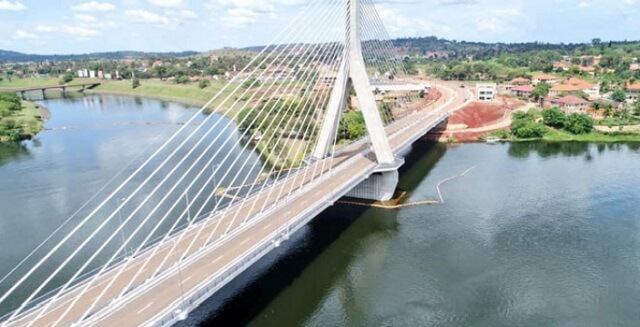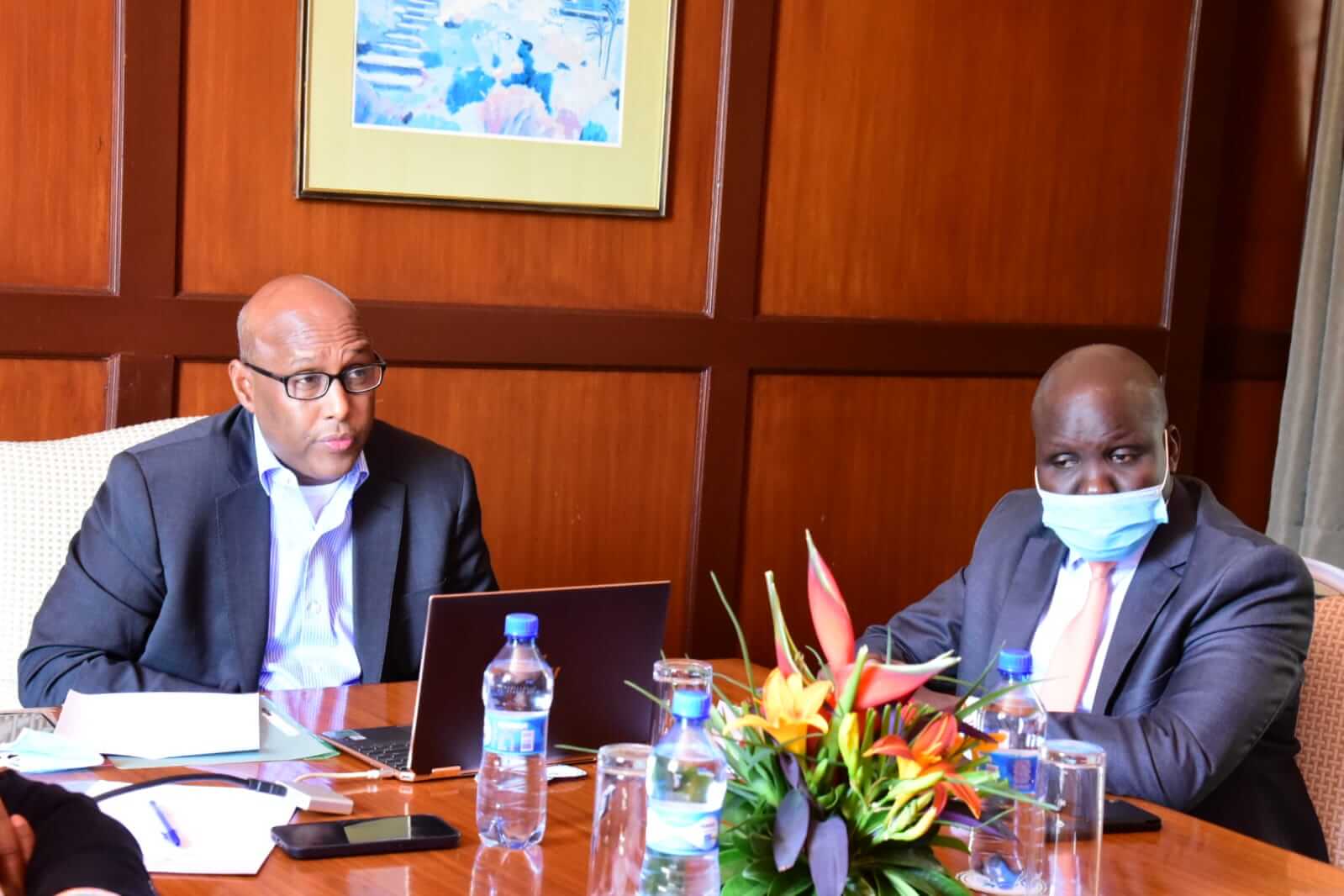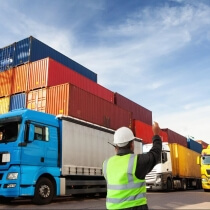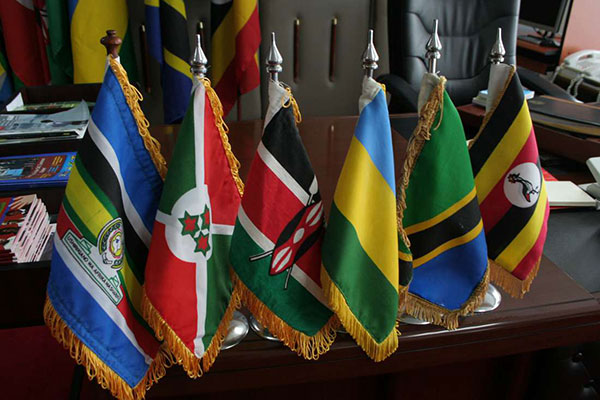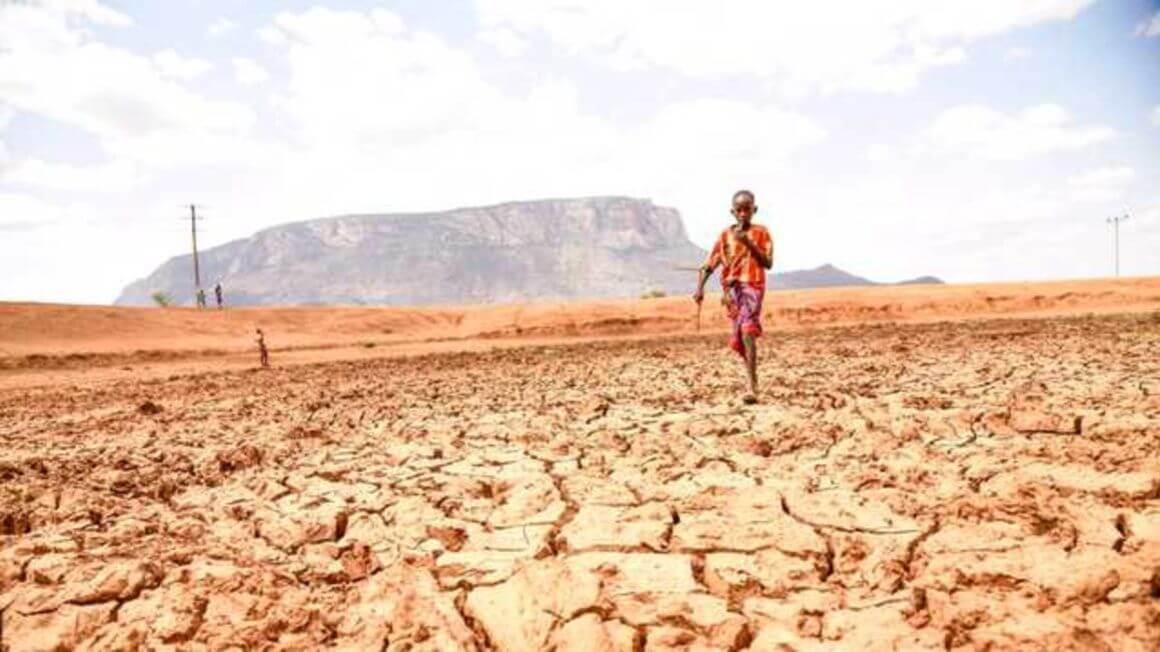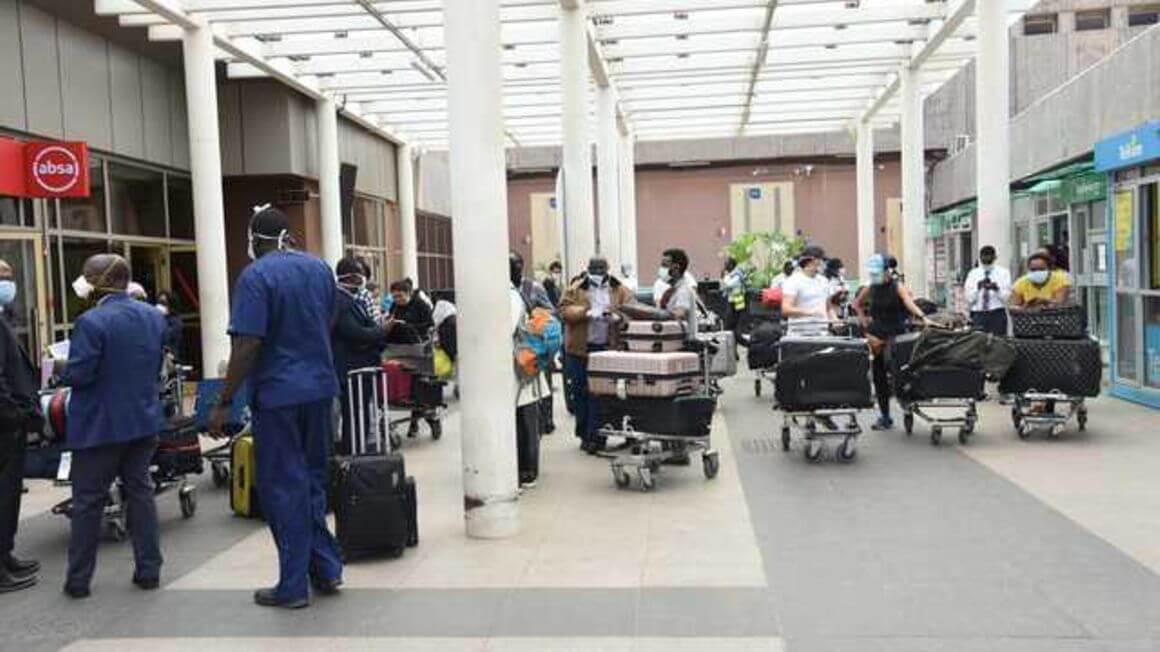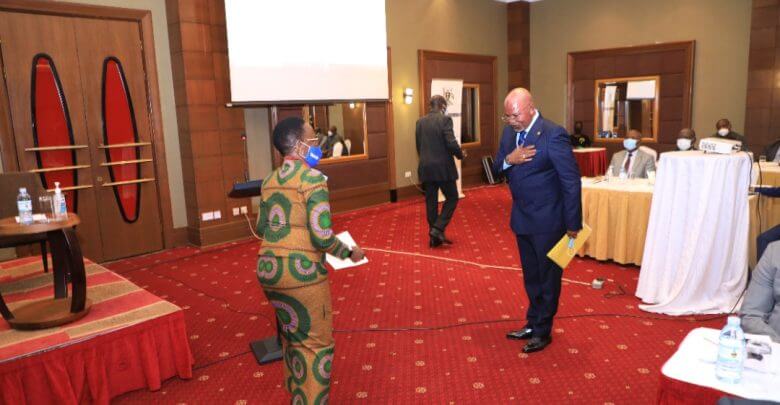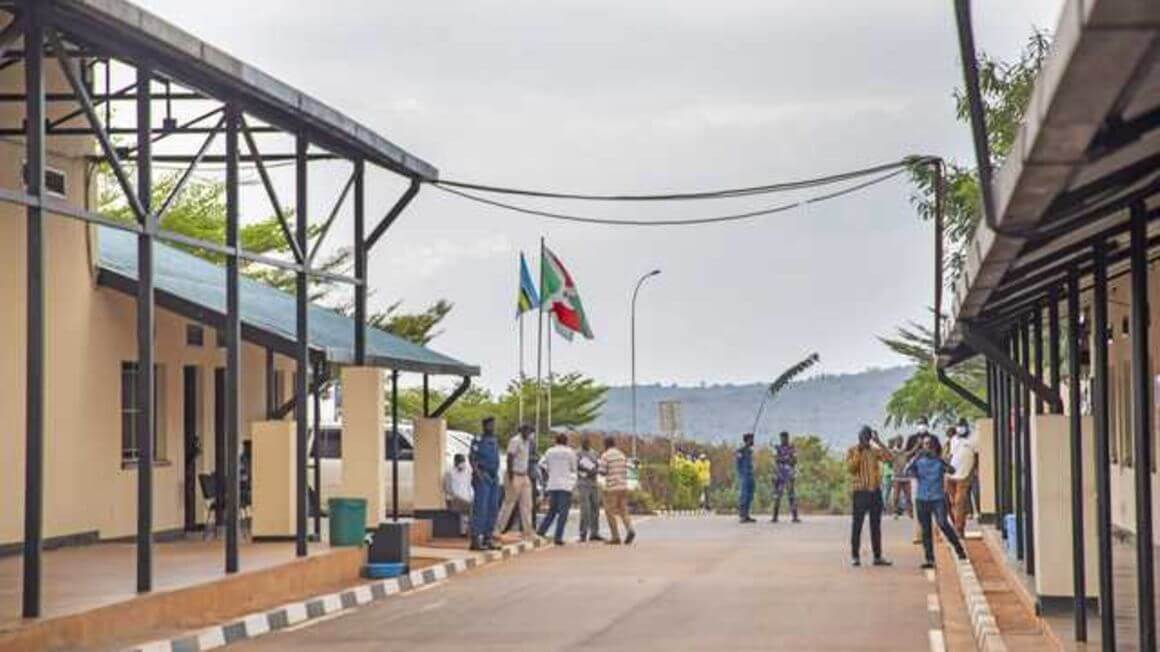Established in 2018, the African Continental Free Trade Area (AfCFTA) represents perhaps Africa’s biggest opportunity for the next few decades in its battle against poverty of all forms; energy and infrastructure included. Against the backdrop of the tens of millions of Africans that have been plunged into extreme poverty by the onslaught of the covid-19 Pandemic, a strong case must be made for a speedy implementation of the African Continental Free Trade Area. It is projected that under the AfCFTA, extreme poverty will significantly decline across the continent. West Africa, for instance, would witness the biggest decline in the number of people living in extreme poverty; namely a decline of approximately 12 million people, which is more than a third of the total for all of Africa. But beyond extreme poverty eradication, it’s about time that the true economic might of Africa is realised through intra-African trade. Compared with Asia and Europe with 59% and 68% intra-continental trade, only 17% of exports from African countries are intra-continental (World Economic Forum), due to age-long tariff and non-tariff barriers, which the AfCFTA is essentially established to eliminate. The fact that intra-African trade constitutes only about 2% of global trade means there are significant gains to be realised if the AfCFTA is properly implemented. A continent that controls vast resources and a 1.2 billion-strong consumer market should be an economic no-brainer of a success, especially considering its young burgeoning and vibrant population. The African socio-economic and political construct under the AfCFTA dispensation must...
Repositioning Africa under the AfCFTA
Posted on: January 20, 2022
Posted on: January 20, 2022

